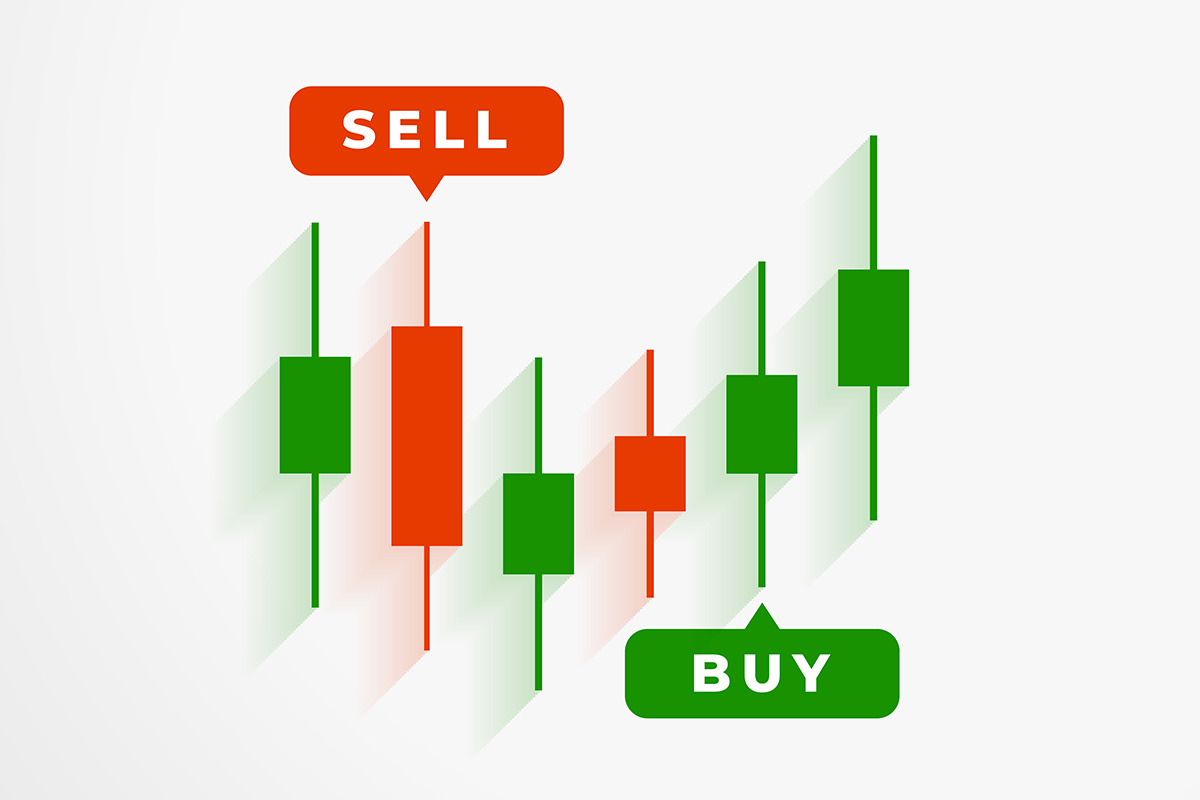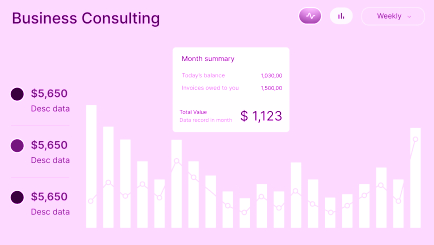
A commodity is a basic good used in commerce that is interchangeable with other goods of the same type. These goods are typically natural resources or agricultural products, including oil, gold, wheat, and coffee. Commodities serve as essential inputs in the production of various goods and services, making them fundamental to the global economy. They are traded on exchanges, and their prices fluctuate based on supply and demand dynamics, geopolitical factors, and market sentiment.
Investors often trade commodities as a way to hedge against inflation, diversify their portfolios, or speculate on future price movements. Commodities can offer unique opportunities distinct from traditional equities or bonds, providing a way to invest in tangible assets. Understanding the commodity market is crucial for making informed investment decisions, as it can be influenced by a variety of factors, including weather conditions, political stability, and changes in consumer behavior.

- Market Trading Mechanisms
- Investment Opportunities
- Global Economic Impact
- Price Volatility
Key feature of commodity
Commodities are essential goods that are traded on exchanges and serve as fundamental inputs for various industries. Their key features include standardization, interchangeability, and price volatility, which impact their role in the global economy and investment strategies.
- Standardization
- Interchangeability
- Price Volatility
- Global Market Influence
- Diverse Investment Options
- Hedging and Risk Management
FAQs
Frequently asked questions
What are commodities, and how are they classified?
Commodities are basic goods used in commerce that are interchangeable with other goods of the same type. They are generally classified into two main categories: hard commodities, which include natural resources like oil and metals, and soft commodities, which encompass agricultural products like wheat, coffee, and livestock.
How do I invest in commodities?
There are several ways to invest in commodities, including purchasing physical commodities, trading futures contracts on exchanges, or investing in commodity-focused exchange-traded funds (ETFs) and mutual funds. Each method has its own risks and benefits, so it's essential to choose one that aligns with your investment goals.
What factors influence commodity prices?
Commodity prices are influenced by a variety of factors, including supply and demand dynamics, geopolitical events, weather conditions, economic indicators, and market speculation. Understanding these factors can help investors make informed decisions in the commodity market.
What are the risks associated with investing in commodities?
Investing in commodities carries risks, including price volatility, geopolitical risks, and changes in market demand. Additionally, trading futures contracts can involve leverage, which can amplify both gains and losses. It's crucial for investors to conduct thorough research and consider their risk tolerance before investing in commodities.